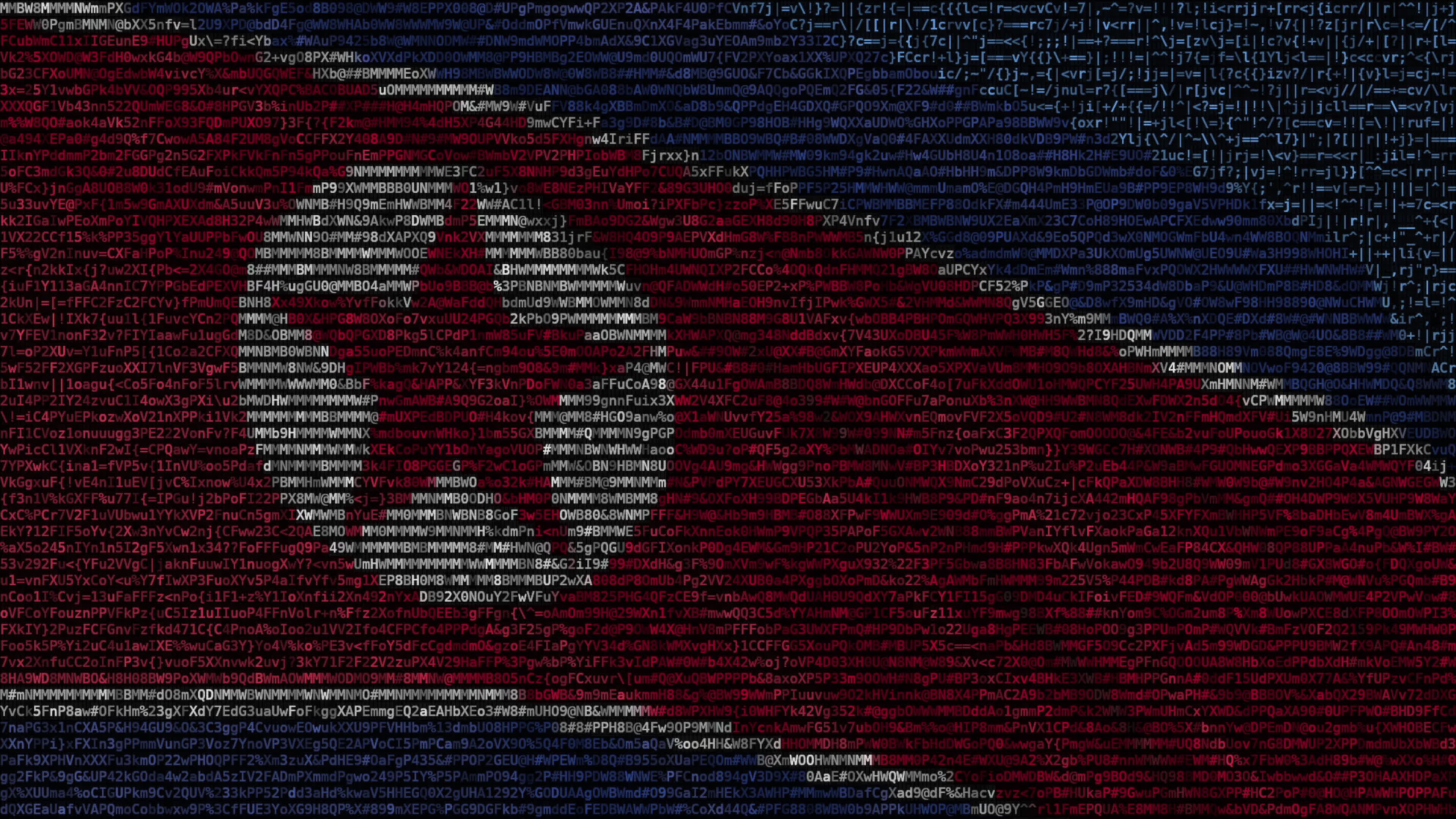These North Korean IT Workers Have Been Infiltrating Western Businesses Since 2016
A shocking revelation has emerged from a recent study by Sophos's Counter Threat Unit (CTU), which has been tracking a sophisticated hacking campaign known as the Nickel Tapestry. The research reveals that North Korean hackers have been infiltrating Western businesses for nearly seven years, using cleverly crafted recruitment scams to gain employment and steal sensitive data.
The Nickel Tapestry campaign is believed to have started in 2016, with the hackers impersonating Japanese, Vietnamese, and Singaporean professionals, as well as American personas. The scammers use AI-generated writing tools, image editing software, and other sophisticated techniques to build convincing resumes and cover letters, making it difficult for companies to detect their true intentions.
The research shows that these fraudulent job applicants are often targeting European and Japanese organizations, possibly due to increased awareness among American companies about the threat. The hackers use malware-laced recruitment emails or LinkedIn messages to spread malicious code, steal cryptocurrency from victims, and gain access to sensitive data.
Previous studies have highlighted the dangers of North Korean hacking groups posing as software development recruiters to target freelancers. These scams can lead to devastating consequences, including theft of cryptocurrency and sensitive data, which are then used to fund the government interests of the Democratic People's Republic of Korea.
The Financial Impact
The Lazarus hacking group, a notorious North Korean cybercrime organization, has reportedly earned over $1.5 billion from record-breaking crypto scams. A staggering $300 million was successfully converted into unrecoverable funds in one incident alone, making these campaigns lucrative for the state.
The Threat to Organizations
These fraudulent workers have been observed stealing credentials and exfiltrating data, as well as deliberately gaining employment in industries with sensitive data, such as defense, aerospace, and cybersecurity. The hackers use remote access software and AI-generated tools to impersonate legitimate workers and circumvent default systems.
Protecting Your Organization
Organizations are urged to remain vigilant and check candidate identities thoroughly, reviewing their CVs and addresses meticulously. In-person interviews should be conducted wherever possible to detect any suspicious activity. Companies must also monitor for traditional insider threat activity, suspicious usage of legitimate tools, and impossible travel alerts to detect fraudulent workers.
A Call to Action
As remote positions become increasingly popular, companies must stay alert to the dangers of fraudulent workers. The Sophos CTU advises monitoring these threats to protect your organization's sensitive data and prevent devastating financial losses.
By staying informed and vigilant, you can help safeguard your organization against these sophisticated threats. Stay ahead of the curve with the latest cybersecurity news and advice from TechRadar Pro.
